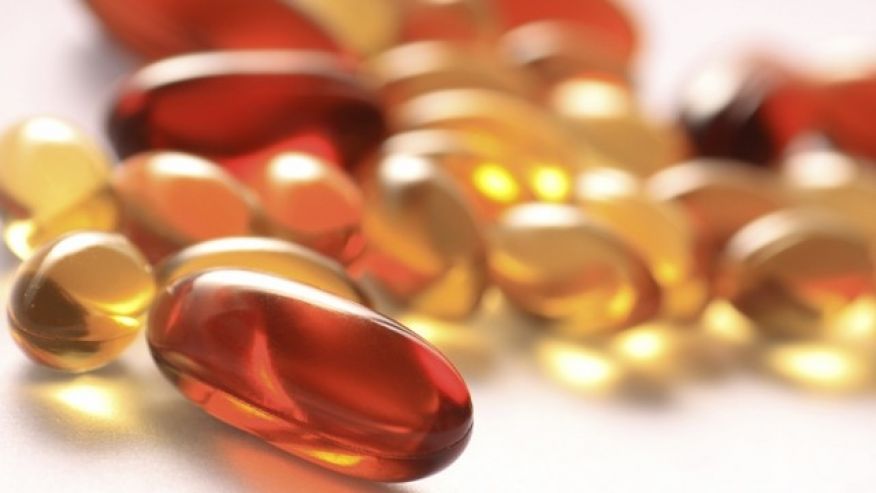
Advertisement
This observational study was conducted by European researchers to describe the current micronutrient intakes of Dutch elderly and to identify the contribution of nutrient-dense foods, fortified foods, and dietary supplements to the intake of micronutrients that are often inadequately consumed in Dutch elderly. Their findings were published in the journal Nutrition Research.
- As people age, they require a more nutrient-dense diet to meet their nutritional needs.
- The use of nutrient-dense foods, fortified foods, and dietary supplements can be important.
- To determine if the micronutrient intake of Dutch elderly is adequate, the researchers analyzed data from 245 Dutch volunteers aged 65 to 80 who were involved in the NU-AGE study.
- The researchers assessed the volunteers’ dietary intake by means of 7-day food records, and their use of dietary supplement was recorded with an additional questionnaire.
- The researchers obtained information on fortified foods from the Dutch Food Composition Table 2011.
- They evaluated the nutrient density of foods using the Nutrient Rich Food 9.3 score.
- Based on conventional foods intake, the researchers gathered the following data:
- 99 percent were deficient in vitamin D
- 41 percent were deficient in selenium
- 54 percent were deficient in vitamin B6
- When consumption of fortified foods was taken into account:
- 98 percent were deficient in vitamin D
- 41 percent were deficient in selenium
- 27 percent were deficient in vitamin B6
- When vitamin and mineral supplements were taken into account:
- 87 percent were deficient in vitamin D
- 36 percent were deficient in selenium
- 20 percent were deficient in vitamin B6
- Conventional foods were the main source of vitamin D, vitamin B6, and selenium intake, followed by vitamin and mineral supplements and fortified foods.
- Foods with the highest nutrient density contributed most to total vitamin B6 intake only.
- The nutrient intake of Dutch elderly, particularly vitamin D, is inadequate, and their intakes of vitamin B6 and selenium are concerning.
Based on these findings, the researchers concluded that a combination of natural food sources, fortified foods, and dietary supplements is needed to optimize the nutrient intakes of Dutch elderly.
Read the full article at this link.
Journal Reference:
Berendsen AA, Lieshout LEV, Heuvel EGVD, Matthys C, Peter S, Groot LCD. CONVENTIONAL FOODS, FOLLOWED BY DIETARY SUPPLEMENTS AND FORTIFIED FOODS, ARE THE KEY SOURCES OF VITAMIN D, VITAMIN B6, AND SELENIUM INTAKE IN DUTCH PARTICIPANTS OF THE NU-AGE STUDY. Nutrition Research. October 2016;36(10):1171–1181. DOI: 10.1016/j.nutres.2016.05.007
Advertisements







